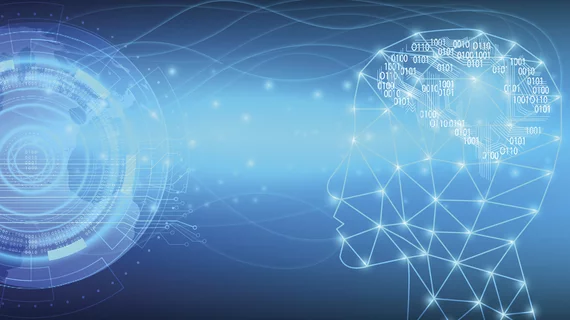Google's AI model outperforms radiologists in breast cancer detection, prediction
Deep-learning based AI models can identify breast cancer more accurately than radiologists, according to new research published in Nature. What does this mean for the future of cancer detection?
The study’s authors, including several representatives from Google Health, trained their AI algorithm with mammograms from more than 25,000 patients in the United Kingdom and more than 3,000 women in the United States. To compare the algorithm’s performance with human specialists, the team asked a separate, unaffiliated research organization to conduct a reader study involving six MQSA-compliant radiologists. The study included 500 mammograms selected at random from the U.S. dataset, and radiologists used BI-RADS scores to grade each image.
Overall, the researchers noted, the AI algorithm “exceeded the average performance of radiologists by a significant margin.” The AI’s area under the receiver operator characteristic curve (AUC-ROC) beat the average radiologist by an absolute margin of 11.5%.
“In this study we present an AI system that outperforms radiologists on a clinically relevant task of breast cancer identification,” wrote Scott Mayer McKinney, MS, and colleagues. “These results held across two large datasets that are representative of different screening populations and practices.”
The algorithm also led to an absolute reduction in false-positive findings of 5.7% for the U.S. dataset and 1.2% for the U.K. dataset.
“False positives can lead to patient anxiety, unnecessary follow-up and invasive diagnostic procedures,” the authors wrote.
McKinney et al. also noted that the AI algorithm and human radiologists disagreed on certain findings, though no exact pattern could be determined. This, they added, “suggests potentially complementary roles for the AI system and human readers in reaching accurate conclusions.”
Nature also published a commentary about the findings written by Etta D. Pisano, MD, chief research officer of the American College of Radiology. Pisano explored both AI’s potential and the limitations of this new research.
“McKinney and colleagues’ results suggest that AI might some day have a role in aiding the early detection of breast cancer, but the authors rightly note that clinical trials will be needed to further assess the utility of this tool in medical practice,” she wrote. “The real world is more complicated and potentially more diverse than the type of controlled research environment reported in this study. For example, the study did not include all the different mammography technologies currently in use, and most images were obtained using a mammography system from a single manufacturer.”

